“It’s not how much money you make, but how much money you keep, how hard it works for you, and how many generations you keep it for.” – Robert Kiyosaki
This quote from Robert Kiyosaki isn’t only motivational—it’s a timely reminder of the need for financial planning, particularly for self-employed workers. While salaried workers get the benefit of structured income and retirement benefits such as EPF, self-employed workers have to plan and construct their own financial cushions.
Since income for the self-employed may be sporadic, it is all the more necessary to invest wisely to attain desired financial goals and meet unexpected crises. Keeping that in mind, the following are 7 smart investment options for self-employed individuals that can provide financial security and a comfortable retirement.
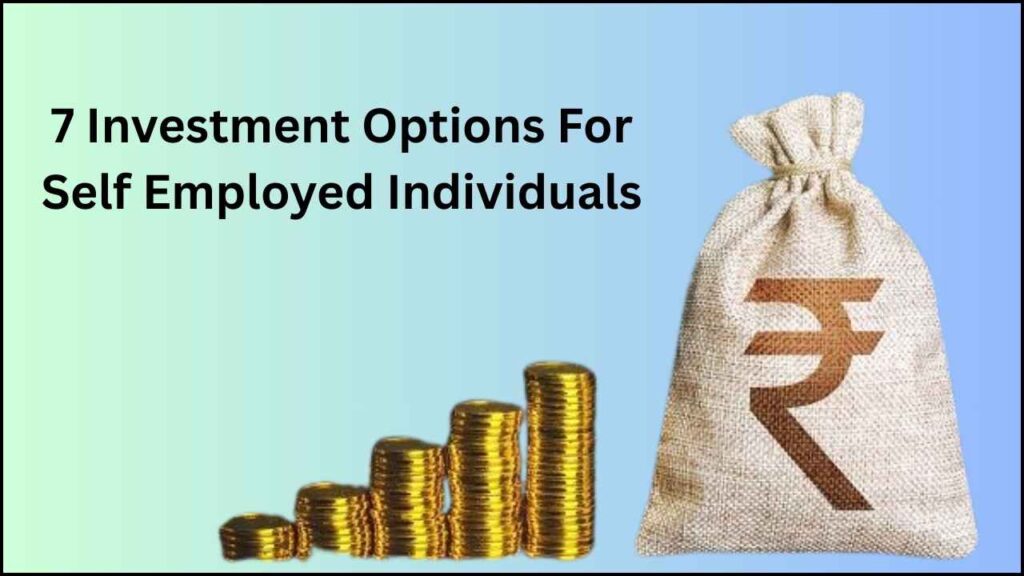
1. Public Provident Fund (PPF): Long-Term Wealth With Government Security
The Public Provident Fund (PPF) is a government-backed savings instrument suitable for long-term objectives such as retirement. It gives a good interest rate of 7.1% (as of March 2022 quarter) with a lock-in period of 15 years.
Key Benefits:
- Sovereign guarantee ensures capital protection.
- Tax deduction of up to ₹1.5 lakh under Section 80C.
- Interest and maturity amounts are tax-free.
- Loans can be taken against the balance from the 3rd to 6th year.
Ideal For: Risk-averse investors looking for safe, long-term returns.
2. National Savings Certificate (NSC): Guaranteed Returns With Tax Benefits
NSC is another Government of India-backed fixed-income instrument. Found at post offices, it has a 6.8% rate of interest (2022) and a 5-year lock-in.
Key Benefits:
- Guaranteed, fixed returns.
- Eligible for a tax deduction under Section 80C.
- Can be used as collateral for loans.
Ideal For: Individuals seeking low-risk, medium-term investment with tax savings.
3. Bank Fixed Deposits (FDs): Simple and Secure
Fixed Deposits are one of the oldest and safest investments. They are best suited to those with low risk tolerance and who are content with steady, modest returns.
Key Benefits:
- Guaranteed capital protection.
- Loan facility available against FDs.
- Tax-saving FDs (with 5-year lock-in) offer tax benefits under Section 80C.
Consideration: Lack of liquidity, as premature withdrawals may attract penalties.
Ideal For: Those looking for secure investment avenues without stock market exposure.
4. Mutual Funds: Flexible and Diversified Investing
Mutual funds provide exposure to multiple asset classes such as equity, debt, gold, and real estate. They are managed professionally and are available for various risk profiles.
Key Benefits:
- High returns potential (especially in equity mutual funds).
- Choice of low-risk debt funds or high-growth equity funds.
- SIP (Systematic Investment Plan) options allow regular investments.
Ideal For: Investors with medium to high risk appetite who seek better returns and portfolio diversification.
5. National Pension Scheme (NPS): Retirement Planning Made Easy
NPS is a market-linked retirement savings option open to all Indian citizens. It helps build a retirement corpus through regular contributions.
Key Benefits:
- Market-based returns with long-term growth potential.
- Partial tax-free withdrawal on maturity.
- Additional tax benefit of ₹50,000 under Section 80CCD(1B), over and above ₹1.5 lakh under Section 80C.
- Automated equity-to-debt rebalancing as one nears retirement.
Ideal For: Self-employed individuals looking for disciplined, long-term retirement savings with tax advantages.
6. Stocks: High-Risk, High-Reward Option
Investment in the stock market through direct equity can yield high returns, but it is a high-risk avenue. Here, success rests on research, patience, and market smarts.
Key Considerations:
- No fixed returns; performance depends on market conditions.
- Suitable for informed investors who can manage risks.
Ideal For: Individuals with high-risk tolerance and a good understanding of the market.
7. Insurance: Essential Protection for You and Your Family
As a self-employed individual, you don’t receive company-paid insurance. Therefore, purchasing life and health insurance is crucial to safeguard you and your dependents.
Key Benefits:
- Financial backup during medical emergencies.
- Protection for family in case of untimely demise.
- Tax benefits on premiums under Section 80C and 80D.
Ideal For: Everyone. It’s a must-have safety net, not just an investment.
Conclusion: Balance, Diversify, and Plan Ahead
The self-employed have to manage their financial health. The sound investment plan is a combination of risk-free instruments such as PPF and NSC, growth avenues such as mutual funds and equities, and protection instruments such as insurance.
Tips to Keep in Mind:
- Choose investments based on your risk appetite and time horizon.
- Build an emergency fund before locking away money in long-term assets.
- Diversify across asset classes to reduce risk.
- Regularly review and rebalance your portfolio.
Invest wisely today for peace of mind tomorrow—because when you’re on your own, your financial independence counts only on you.
Author’s Note: As a freelancer, small business owner, or gig worker, it’s never too soon—or too late—to invest. Take the first step and observe your wealth accumulate over time and with discipline.
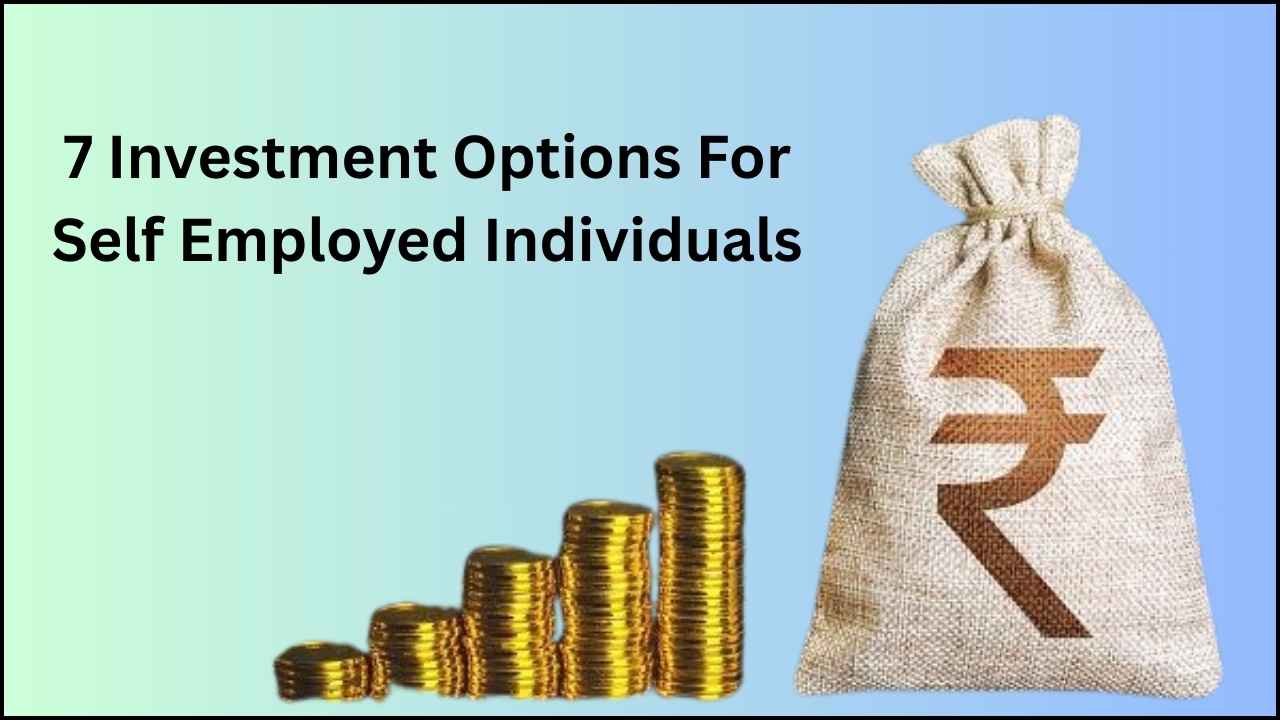


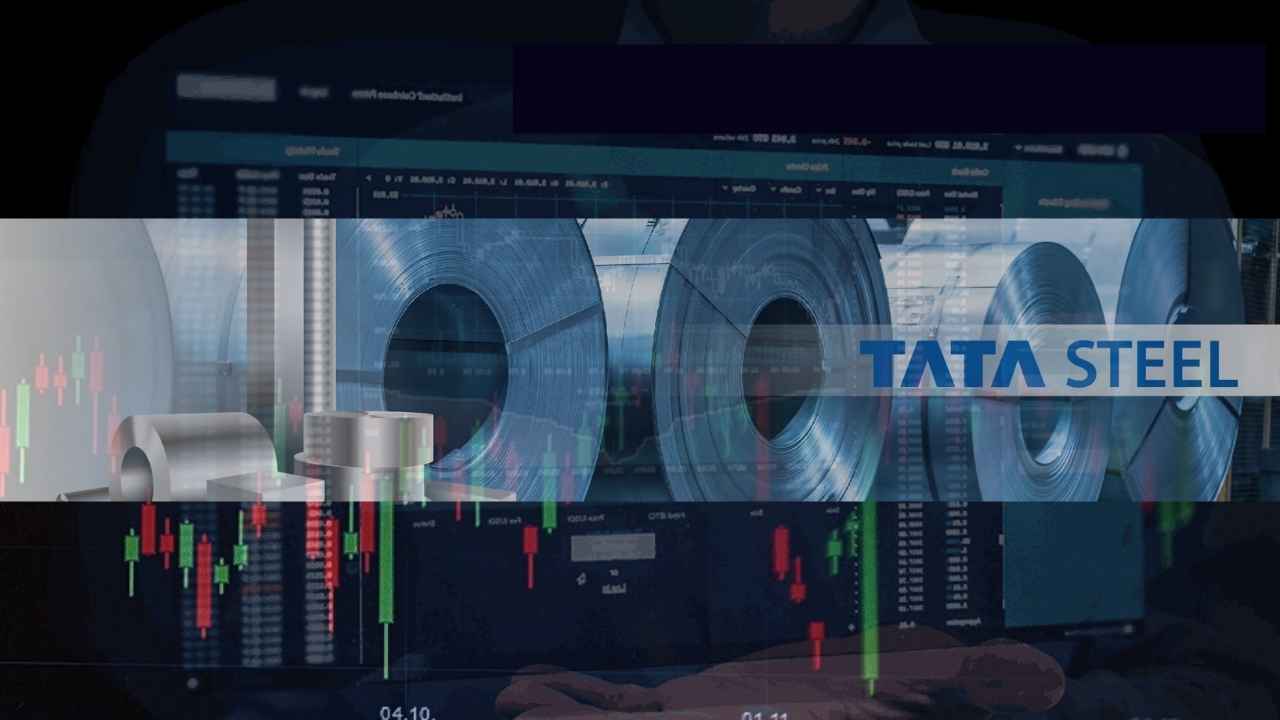





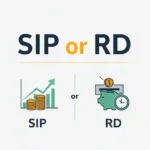
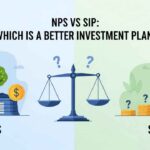

I
Hlllooo guysssss